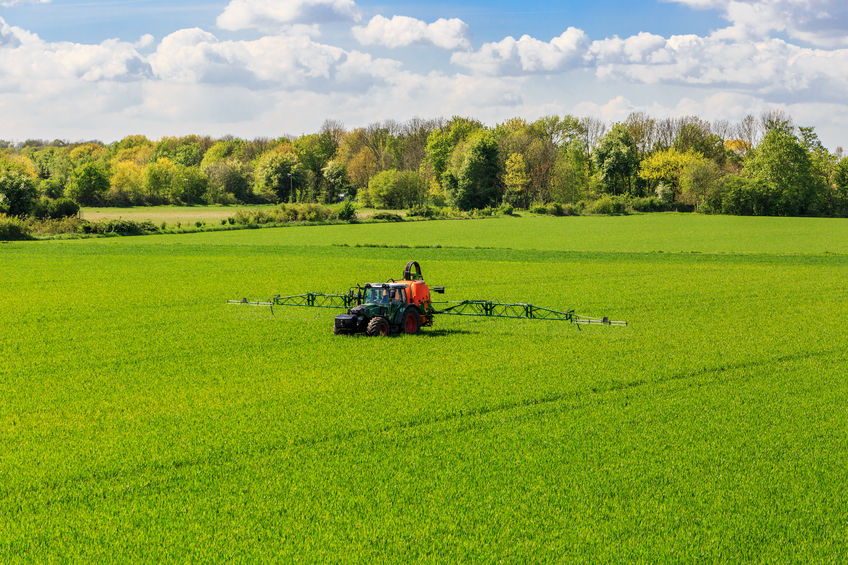
The European Commission's proposal to extend the December 2022 expiry date on the current active substance approval for glyphosate has been blocked by several member states.
Delays to the bloc's renewal assessment process means the approval will not be completed before the expiry date, which is on 15 December 2022.
The European Commission proposed to extend this expiry date by one year – a common regulatory practice.
When put to the vote, this extension was backed by the majority of member states, but opposition by Luxembourg, Malta and Croatia, and the abstention of France, Germany, and Slovenia effectively blocked it.
The expiry date on the current active substance approval for glyphosate in Britain is 15 December 2025.
The NFU said the loss of glyphosate would cause 'huge problems' for the farming industry.
The union's senior regulatory affairs adviser, Dr Chris Hartfield said: “Reviews of all the available and latest evidence by regulatory scientific experts in the EU and across the world have confirmed that glyphosate is not carcinogenic.
“Glyphosate reduces the need to use other herbicides, helps to protect soil and cuts greenhouse gas emissions by reducing the need for ploughing.
"It also enables European farmers to grow crops that help produce safe, affordable and high-quality food.”
He added: “Despite this science sense, the recent blocking by EU countries of the Commission’s proposal to extend glyphosate’s authorisation for one year... shows how easily popular opinion and politics can trump the evidence in Brussels."
Earlier this year, the Assessment Group on Glyphosate, which comprises of four EU member states, found that the available scientific evidence showed it was not justified to classify glyphosate as a carcinogenic.
This finding was consistent with the committee’s 2017 evaluation and the recent opinions of the four member states assessing glyphosate.
The European Food Safety Authority and scientific experts appointed by EU member states are to continue the peer review process and discuss the evidence in a series of expert meetings, due to conclude by July 2023.
